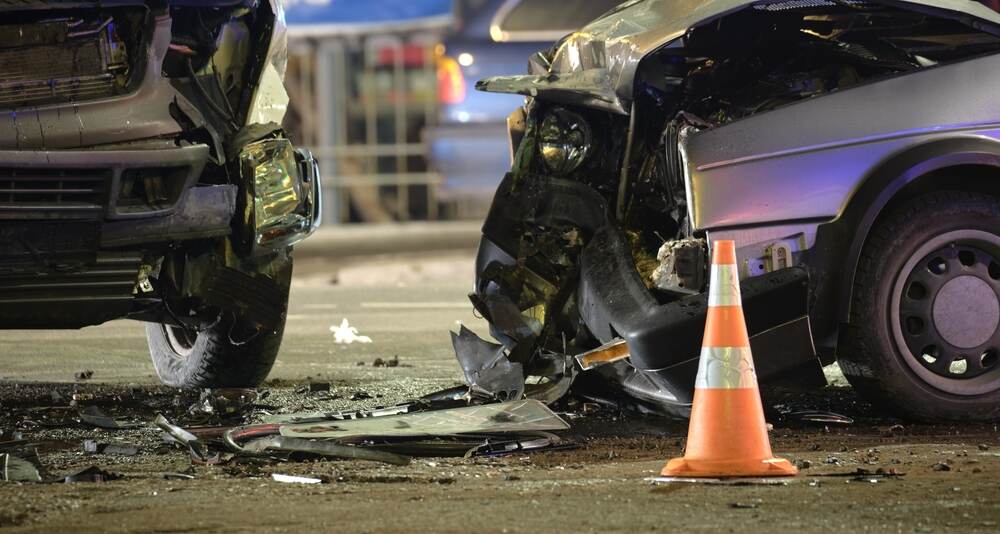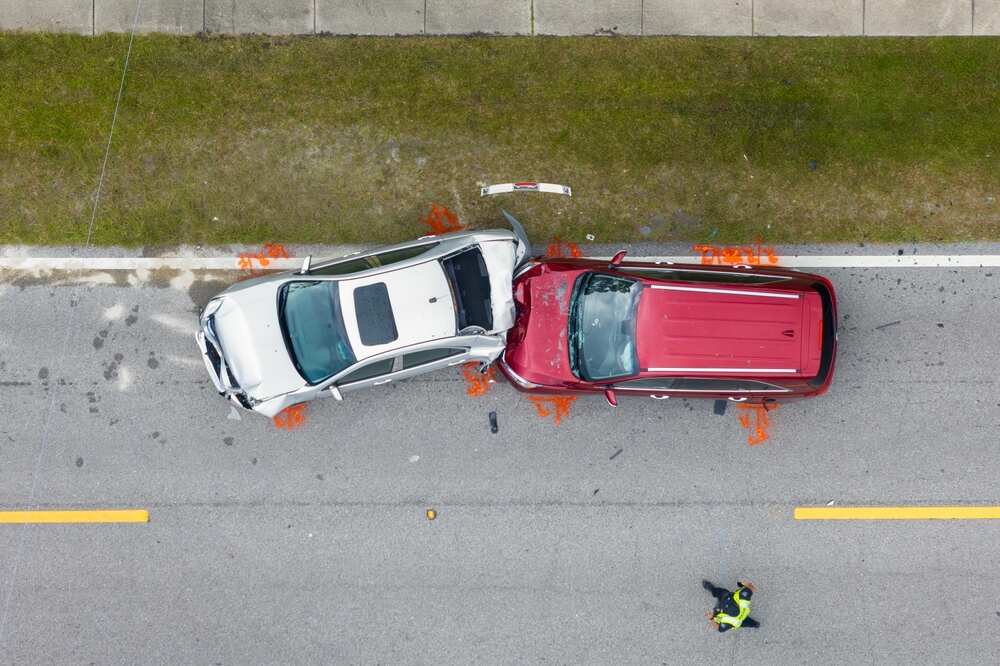Getting into a car accident is stressful enough — but understanding your FL crash report doesn’t have to be. Whether you’re dealing with insurance claims or potential legal action, knowing how to read your report can make a big difference in your case outcome.
What is a Crash Report?
Your crash report serves as an official record of what happened during an auto accident. Think of it as a snapshot that captures all the key details about your accident — from the time it occurred to who was involved. When you’re trying to prove what happened during an accident, your report will be one of the first things insurance companies and attorneys want to see.
Reports must be filed within 10 days of the crash if:
- There are any injuries, no matter how minor
- Any vehicle is rendered inoperable or severely damaged
- There is a commercial vehicle involved
Florida traffic crash reports aren’t just another piece of paperwork. They’re legal documents that carry significant weight in determining fault and processing claims. These reports help establish the facts of your case and can make a huge difference in how quickly your claim gets resolved.
What is Contained in a Florida Car Crash Report?
Understanding what’s in your FL crash reports can help you make sure everything’s accurate. Let’s break down each major section and what you need to know about it.
Accident Date and Time Information
The first section of your report contains basic but essential information about when and where your accident occurred. You’ll find the exact time of the crash, the date, and the specific location — including street names and any nearby landmarks. This section also documents weather conditions at the time, which could have played a role in the accident.
Your Personal Information
Every crash report in Florida contains detailed information about everyone involved in the accident. This includes names, addresses, driver’s license numbers, and insurance details for all drivers. Making sure this information is correct is essential — even a small error here could delay your claim processing.
Vehicle Details
Your report will spell out specific details about all vehicles involved in the accident. This goes beyond just make and model — it includes year, license plate numbers, VINs, current registration status, and where each vehicle was damaged. These details help insurance companies assess damage claims and determine repair costs.
Passenger Details
If anyone else was in the vehicles during the accident, they’ll be listed in the report too. The report notes where each passenger was sitting and any injuries they reported at the scene. This information becomes especially important if anyone needs medical treatment later.
Contributing Hazards
Road conditions often play a role in accidents, and your report documents them all. This might include wet roads, construction zones, lighting problems, or malfunctioning traffic signals. Having these conditions documented can help establish why the accident occurred and who might be responsible.
Officer’s Perspective
One of the most significant parts of your report is the responding officer’s narrative. They’ll describe everything they observed at the scene and provide their professional opinion on how the crash occurred. This section often includes statements from drivers and witnesses, plus the officer’s assessment of what factors contributed to the accident.
Witness Details
If anyone saw what happened, their information is included too. The report will have their contact details and a summary of what they saw. Witness accounts can be incredibly valuable — especially if there’s any dispute about how the accident happened.
Citations Issues
Your report will document any traffic tickets or citations issued at the scene. This includes specific violations and which drivers received them. If alcohol or drugs were involved, that information appears here too. These details can significantly impact fault determination and any resulting legal cases.
Injuries, Fatalities, and Property Damage
This part of the report documents all reported injuries and their severity. It also covers any fatalities and details about property damage — both to vehicles and to things like guardrails or signs. Even minor injuries should be noted here, as they could develop into more serious problems later.
How to Read a FL Highway Patrol Crash Report

Reading your report might seem overwhelming at first — but taking it section by section makes it manageable. Start with the basic information and work your way through systematically. Pay special attention to the officer’s narrative and any diagrams showing how the accident occurred.
Check for Accuracy and Why it Matters
Small mistakes in your report can have big consequences for your case. Take time to review every detail — even something as simple as a wrong address could cause problems later. Pay special attention to name spellings, vehicle information, insurance details, and the description of how the crash occurred.
How You Can Improve the Accuracy of Your Florida Traffic Crash Reports
You play a big role in making sure your report is accurate. Take photos at the scene if you can and get contact information from any witnesses. Write down your recollection of events while they’re fresh in your mind. If you notice any injuries — even minor ones — make sure they’re documented. Always double-check your personal information for accuracy.
How to Look Up a Florida Crash Report
Getting a copy of your report is straightforward. You can request it directly from the law enforcement agency that responded, look it up online through the Florida Highway Safety and Motor Vehicles website, or use a service like Auto Accident Report to find it for you.
Frequently Asked Questions
What are the most critical pieces of information contained in the damage report?
The most valuable parts of your damage report include the officer’s narrative, any accident diagrams, citations issued, injury details, and witness statements.
What are the key questions to ask in an accident investigation?
When investigating an accident, ask about nearby cameras, witness statements, road condition documentation, damage photos, and any traffic violations.
Get a FL Crash Report from Auto Accident Report
Don’t waste time searching for your report — let us help you find it fast. At Auto Accident Report, we know exactly where to look and how to access your information quickly.
Ready to get your crash report? Fill out our simple form and we’ll guide and assist you in acquiring your report right away. We’ll email you as soon as we find it — usually within minutes. Don’t let paperwork slow down your claim — get your report now!
